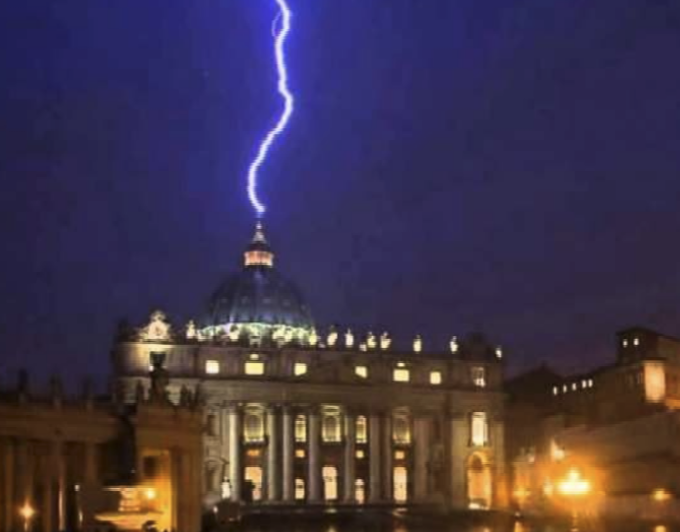The announcements have a dreary familiarity to them.
The name of a major Christian leader is blasted in the headline. In the text below are phrases like “sexual abuse;” “investigation,” “scandal,” “unwanted touching,” “sexual misconduct” and “disgraced megachurch pastor.” (For instance, type in the words “Australian church” into Google and the word “scandal” automatically pops up (no doubt due to the many searches involving the Sydney-based Hillsong Church).
Which is why the recent news about Mike Bickle, the founder of the International House of Prayer (IHOP) in Kansas City, received next to no attention outside of Christian circles. Which is a shame; Mike Bickle is a major figure in the Pentecostal/charismatic movement and the fact that his church’s 24-hour prayer rooms have lasted nearly 25 years is a major feat.
Bickle is also known as a major teacher in the movement on the end times (aka eschatology), intimacy with God, worship, prayer, prophecy and more. He’s a man who claims encounters with the Archangel Michael and insight as to how the world will end.
I first heard him at a 1990 charismatic conference in Indianapolis and was impressed. When other speakers were exceeding their time limits and boring the wits out of everyone, Bickle stuck to his and enthralled everyone with his clear, concise delivery. Agree with him or not, you didn’t fall asleep listening to him.
I next saw Bickle in 2001, when I visited Kansas City as part of a series I was working on for the Washington Times. Whereas the charismatic renewal was on life support elsewhere in the country, it was fresh and vibrant at IHOP. Bickel told me they were “an oasis in the desert” in terms of the use of the prophetic “gifts” of the Holy Spirit.
And in 2013, while living in Tennessee, I drove to a conference at IHOP, which had grown tremendously over the intervening 12 years. The 24-hour prayer room was a much more sophisticated set-up in a separate building; as for Bickle, I only saw him from a distance.
There’s been little-to-no secular media coverage about this scandal (I’ll get to Kansas City media in a minute), so I’ll start with what Christianity Today published:










